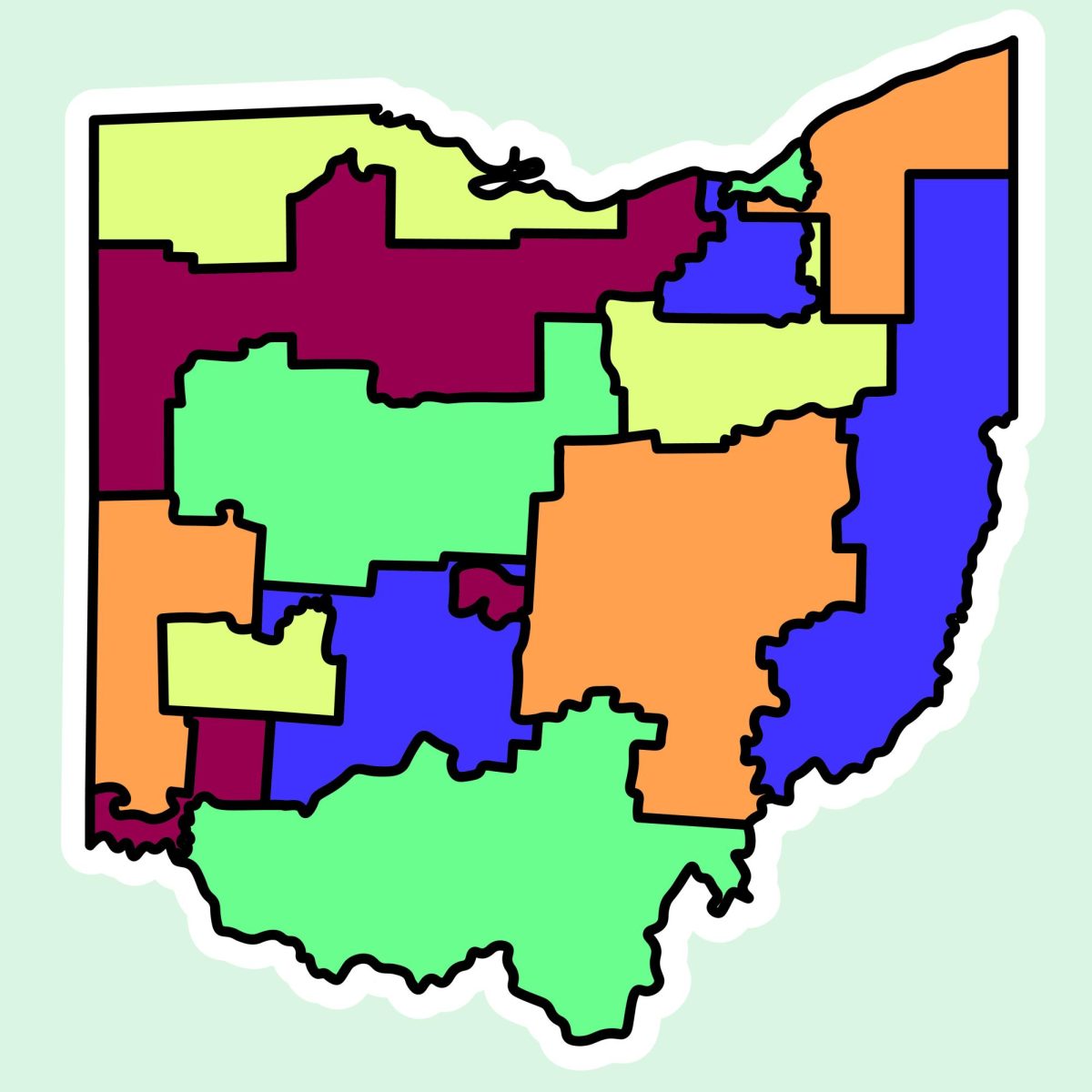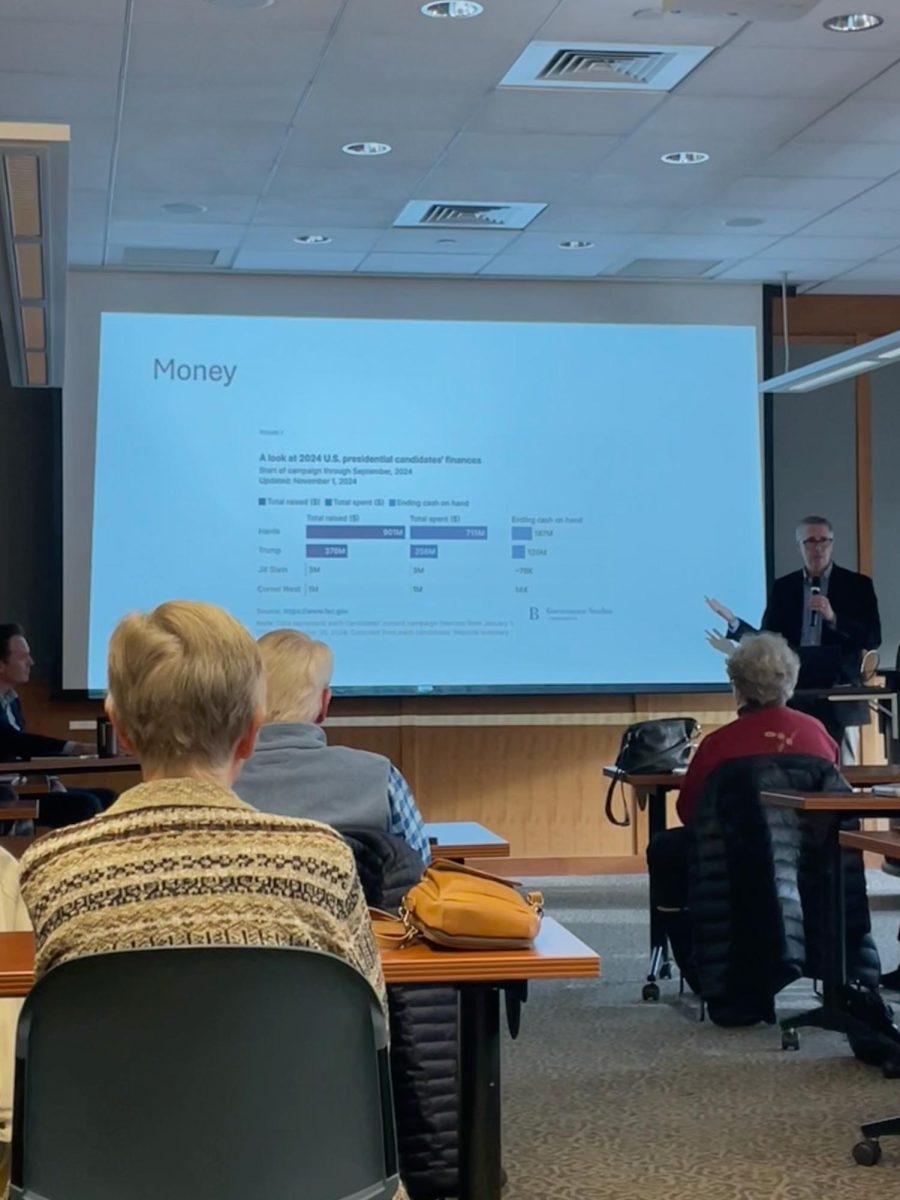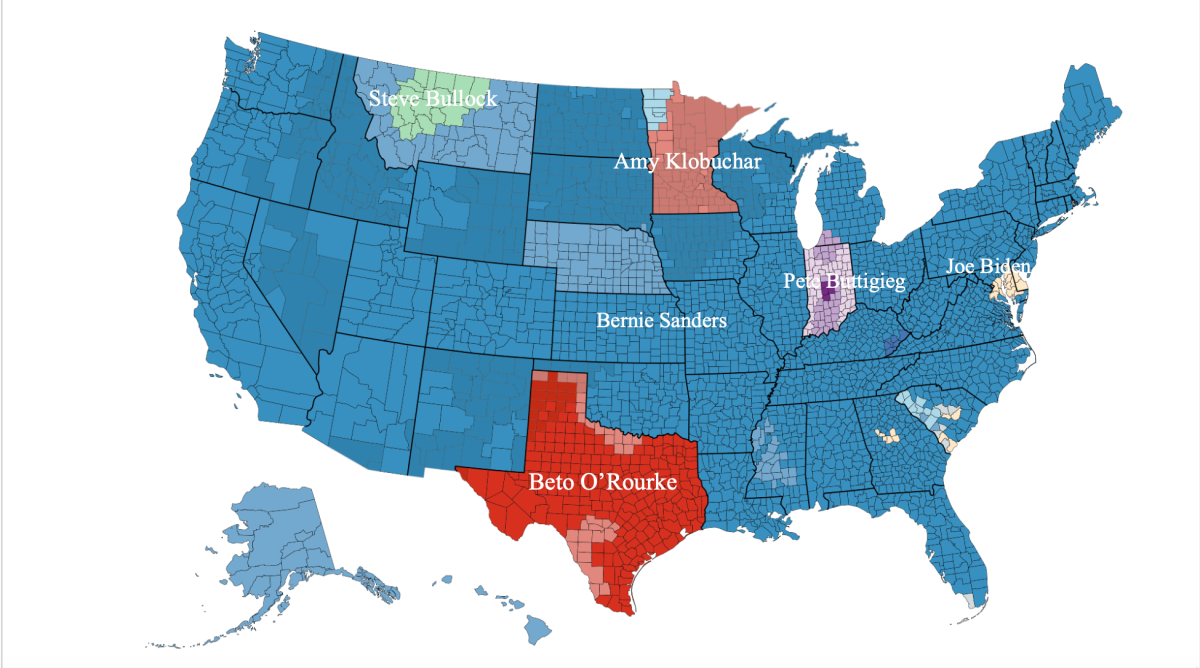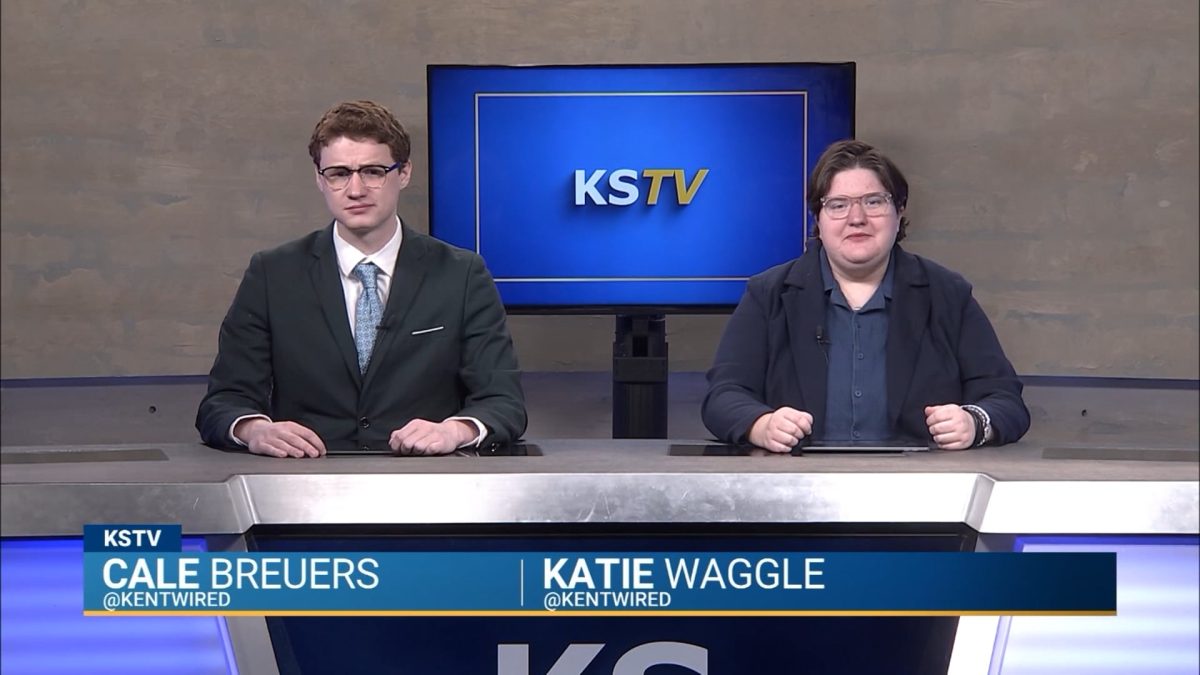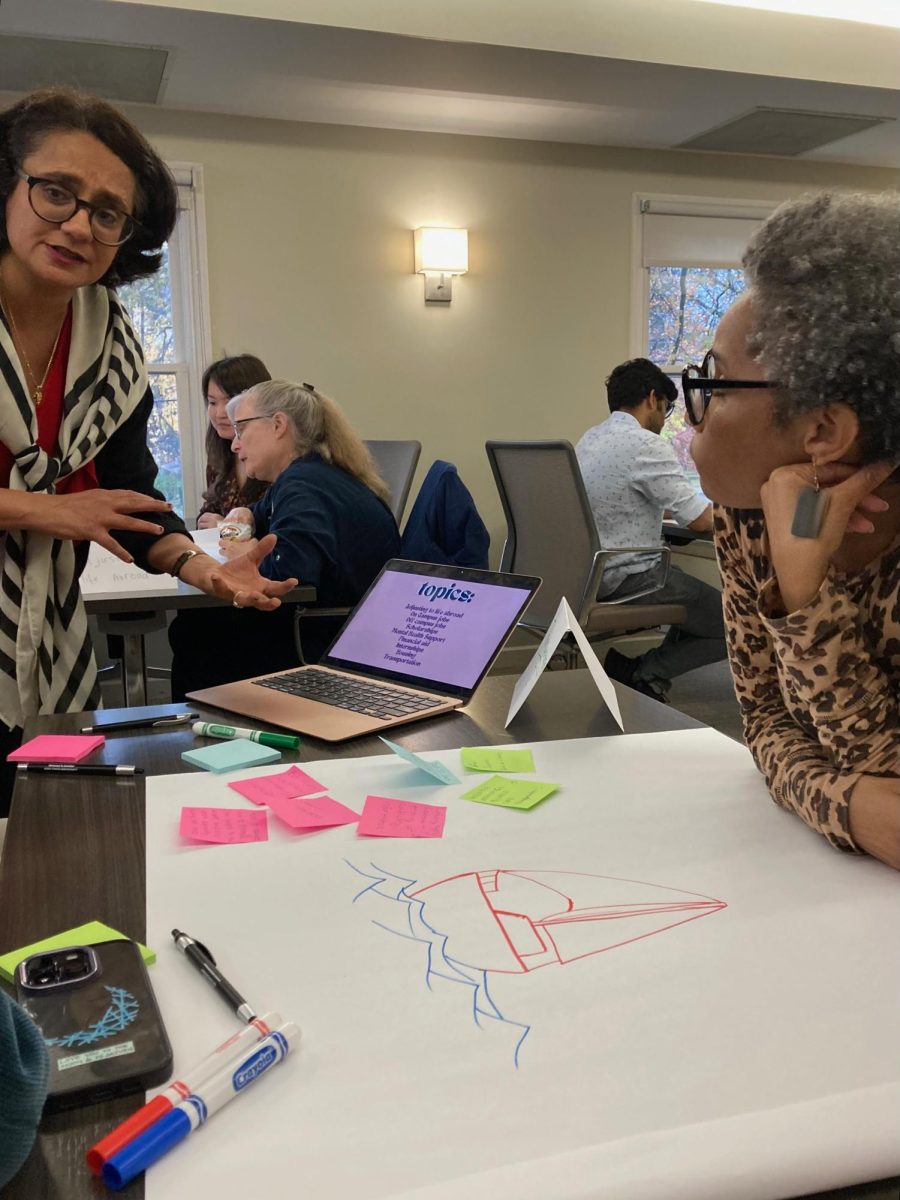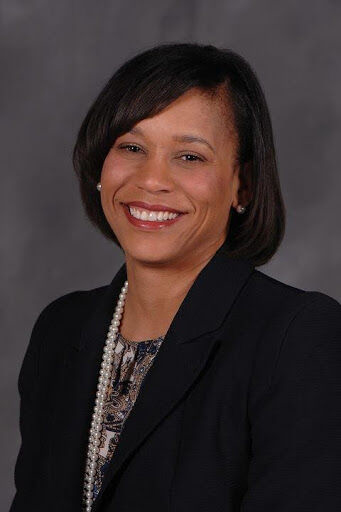This election, voters in Ohio will not only choose representatives, but they will also decide who will be drawing the districts those representatives serve.
Every decade, states redraw the legislative district maps based on updated information from the census. While this may seem like it would create fairer districts, these maps can easily be manipulated with intent to create an advantage for one political party.
This action is called gerrymandering.
There are multiple ways to do this. For example, map-drawers may place the lines to put certain groups into as few districts as possible, or they can disperse the like-minded voters into different districts ensuring their votes are stifled.
“It is common knowledge that competitive elections at all levels benefit democracy by forcing politicians to move away from taking extreme positions in hopes of winning over moderate voters,” said Zach Morris, a political science doctoral candidate and a graduate assistant.
“Their party and its supporters, which do not benefit from gerrymandered districts, are left susceptible to believing that their votes do not matter, which in turn erodes their faith in American mass democracy,” he said.
Morris explained competitive elections, which are made less feasible by gerrymandering in states like Ohio, give voters more hope for true representation.
“Gerrymandering should be important to all voters regardless of their interest in politics,” Morris said. “If we lose the ability to have fair and competitive elections, a core tenet of American democracy will be undermined.”
The Brennan Center for Justice reports both major political parties fall victim to the calamity in different states. Although parties feel the effect of gerrymandering during the election cycle, citizens will feel the effect for decades to come.
Iris Meltzer from the League of Women Voters has been the Portage County lead on the issue since signatures started to be collected.
Issue 1, also referred to as the “citizens not politicians” issue, aims to put gerrymandering to a halt in Ohio. If passed, it will amend Ohio’s constitution and “take the redistricting process out of the hands of the politicians, where it has resided forever, and into the hands of a 15 person citizens commission,” Meltzer said.
The proposed 15 person board would be constructed of individuals with varying political ideologies: five Republicans, five Independents and five Democrats.
The group would create a district map of the state to ensure fair, competitive and representative elections in each district.
According to the text of the amendment, the members of the established commission will be screened to ensure conflict of interest does not exist. This means politicians and lobbyists cannot serve on the commission.
Meltzer clarified she thinks the issue is nonpartisan, despite its portrayal. She said in petitions circulated all across the state, people from all parties, and those who identify as independent voters, supported it.
If passed, it will make gerrymandering unconstitutional in the state of Ohio and will change elections in the future.
If the issue fails, the redistricting efforts will remain in the hands of the seven politicians on the current redistricting commission, which includes five Republicans and two Democrats.
“It really matters for Ohio because gerrymandering poses an existential threat to democracy. Right now, gerrymandered districts let representatives pick their voters, and it’s supposed to be the other way around,” Meltzer said.
Ari Collins is a reporter. Contact her at [email protected].


